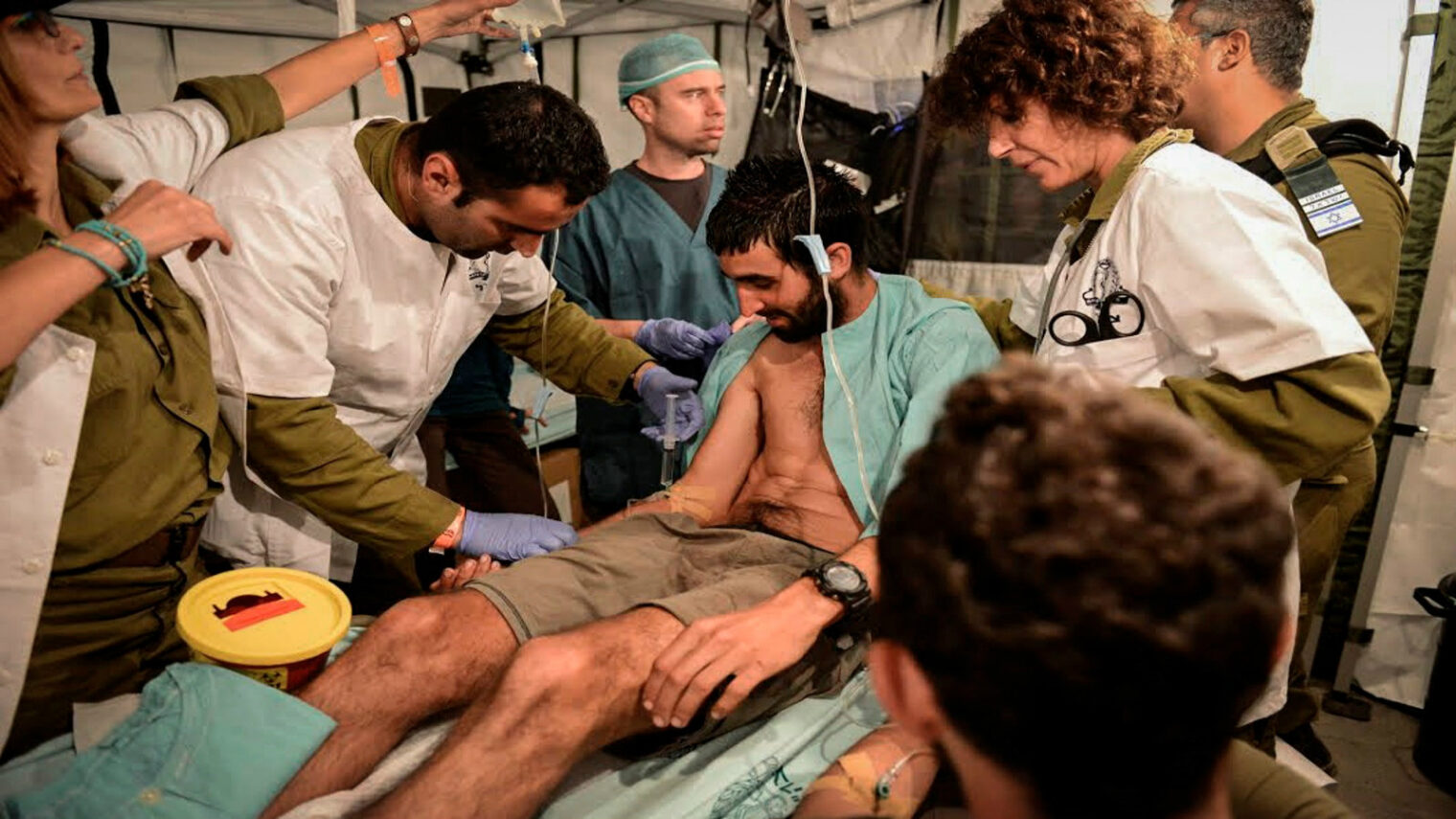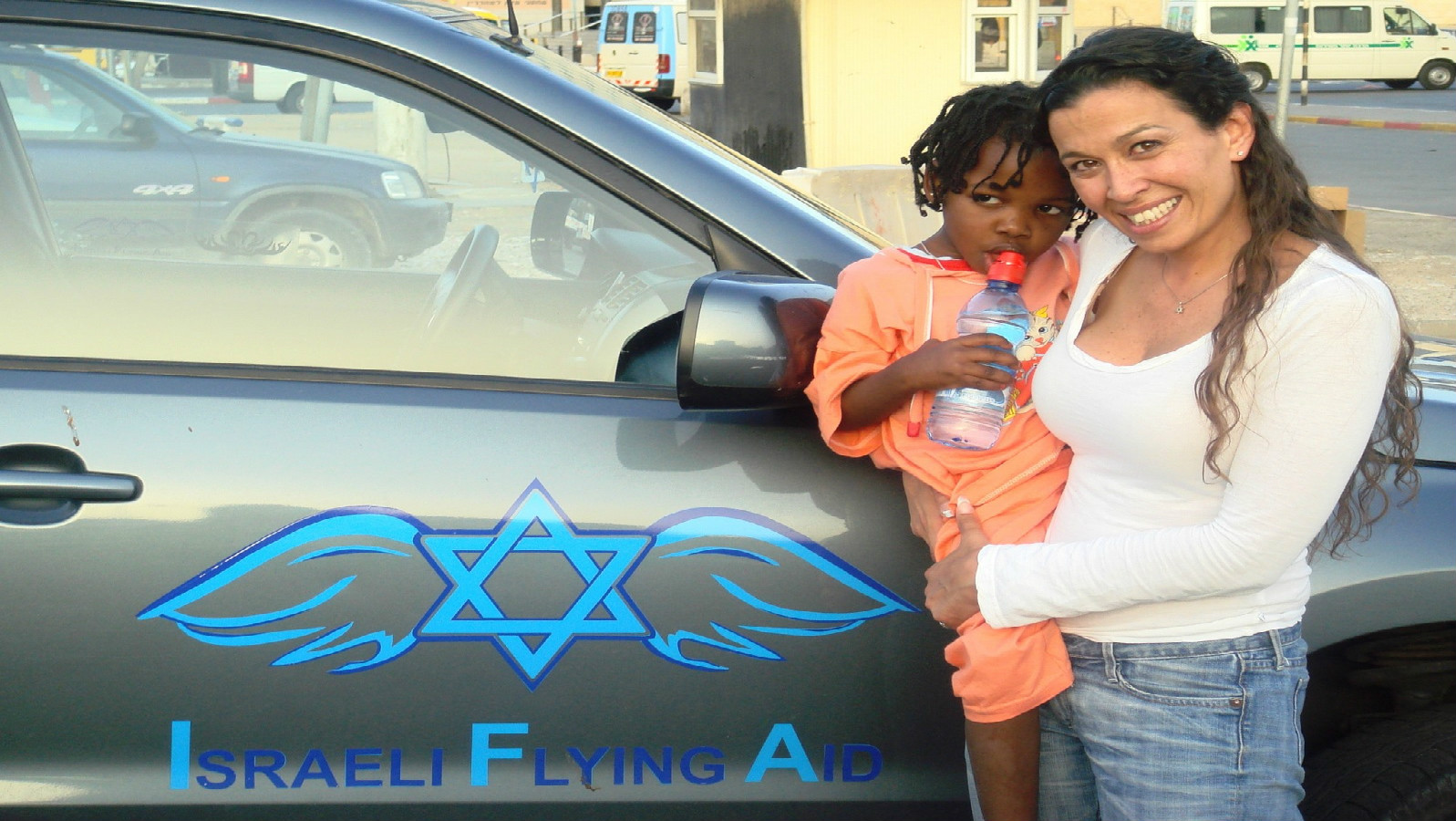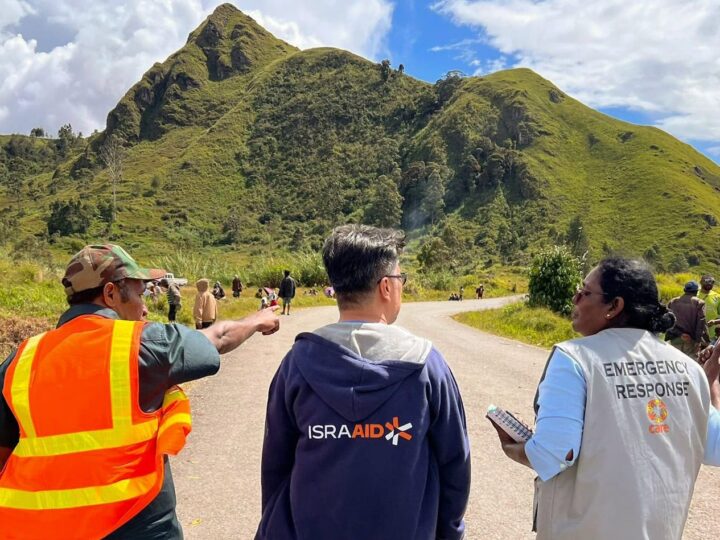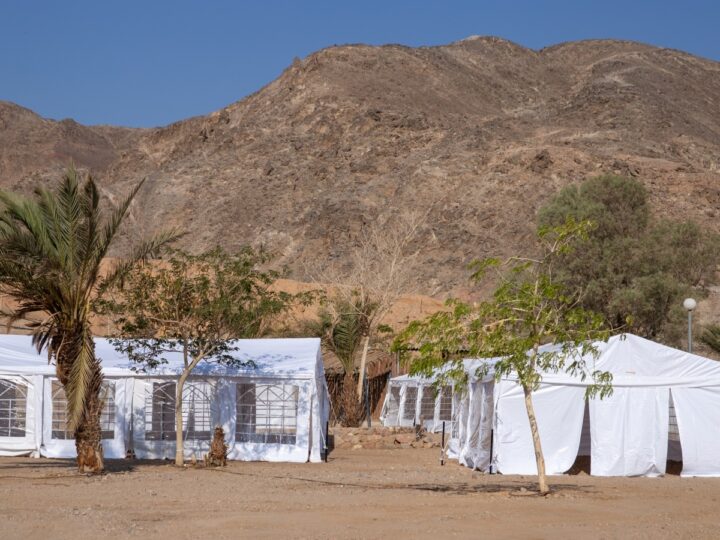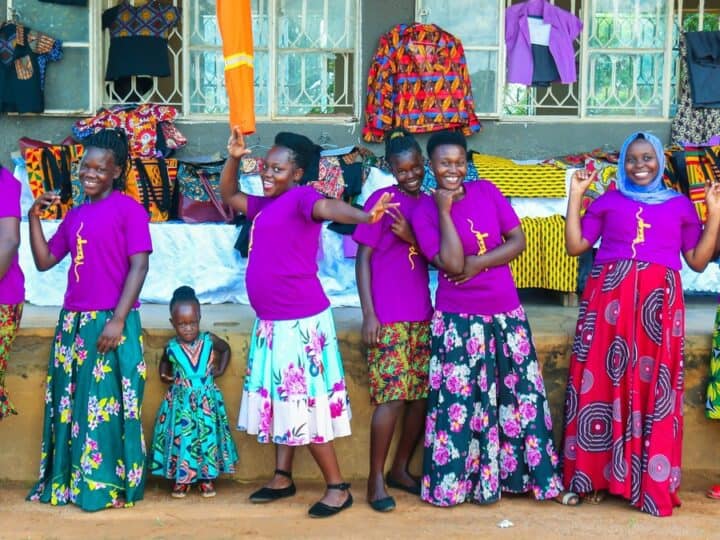A mind-boggling 57.5 million people in 22 countries will receive humanitarian aid in 2015, according to a UN report. And that number does not include anyone displaced by a natural disaster.
As the world marks World Humanitarian Day today (August 19), it seems that the humanitarian aid workers worldwide – 280,000 according to the United Nations Office for Coordination of Humanitarian Affairs – are up against a truly Sisyphean task.
And for the volunteers and workers – including Israeli aid teams — World Humanitarian Day is every day.
“I’m happy that there is a World Humanitarian Day because it recognizes that tens of thousands of people are jeopardizing their lives to save millions of others around the globe. And I’m especially happy that Israel is part of this community,” IsraAID founding director Shachar Zahavi tells ISRAEL21c.
Israel is among the world leaders in search-and-rescue operations, medical aid and setting up field hospitals, offering agricultural, environmental, educational and therapeutic solutions — and, unfortunately, in handling mass casualties.
From the country’s most recent aid delegation to Myanmar’s flood-ravaged areas to the 2009 typhoon wreckage in the Philippines to the ongoing fight against Ebola, Israel’s humanitarian-aid delegations – both government-sponsored and nonprofit organizations – take humanitarian awareness and responsibility to the next level.
You can find Israeli-led aid programs in Liberia, Nepal, Iraq, Myanmar, South Sudan, Japan, Haiti and many other countries.
The Israel Defense Forces, Israeli Flying Aid, IsraAID, MASHAV-Israel’s Agency for International Development Cooperation, Save a Child’s Heart, Adam LeAdam, Natan, Tevel b’Tzedek, ZAKA, Magen David Adom, United Hatzalah and Latet are among the groups that have contributed to Israel’s humanitarian commitment around the globe.
“Everyone is really glad that we’re there and helping,” IsraAID’s Zahavi tells ISRAEL21c about the welcome his volunteers get at each new site.
https://www.youtube.com/watch?v=EqBrykBeXmE
While Israeli humanitarian personnel are known for their quick and professional response times, they are also acknowledged for their continued training and support to help devastated communities get back on their feet long after a disaster happened and be better prepared for future crises.
That’s why in 2015, you’ll still find Israeli aid workers in Haiti helping to heal communities affected by the earthquake of 2010, and Israeli social workers still in South Sudan training community leaders to combat gender-based violence.
World Humanitarian Day organizers explain that the date was designated by the UN General Assembly to coincide with the anniversary of the deadly 2003 bombing of UN headquarters in Baghdad.
“As the world becomes a more and more volatile place, this has never been more important. There is an urgent need to realize a greater sense of responsibility and develop a sense of global community. World Humanitarian Day should inspire action and make it clear that we stand in solidarity against conflict, torture, disease, famine, suffering and the poor leadership that often turns a blind eye. This day is a great opportunity to get involved and do something to help those who need it the most.”
The theme of World Humanitarian Day 2015 is “Inspiring the World’s Humanity,” and it’s not a cliché to say that the world knows it can count on Israel when in need.




